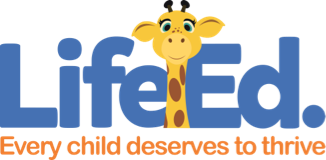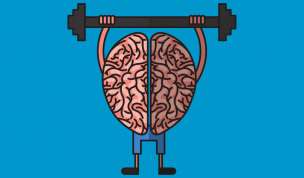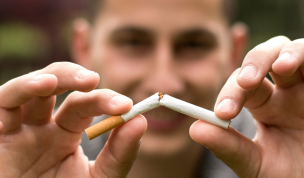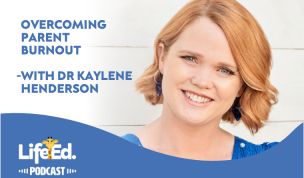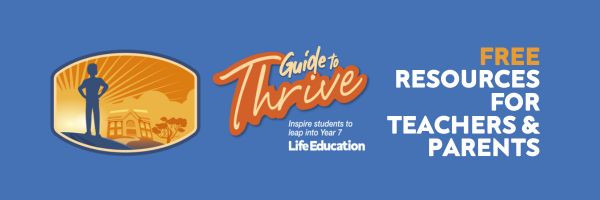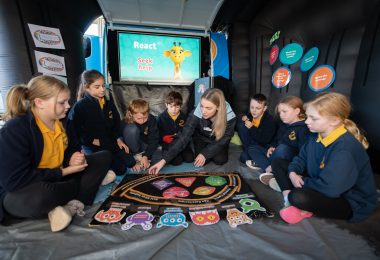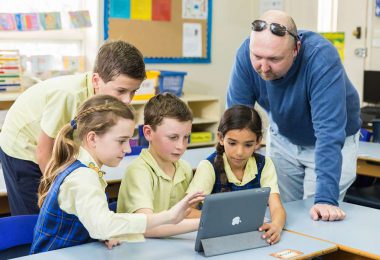How to talk to your kids about...Sex, with Anne Atcheson

Episode snapshot
In this episode, Dr. Tess Opie from inyourskin interviews Anne Atcheson from Sexual Health Victoria and Doing IT Podcast about what parents can expect from schools regarding support on sexuality and relationships education.
This is episode 2 of a 4-part series dedicated to sexual health for tweens and teens. This series is for all the parents, carers and important people in young people’s lives that want to get some answers to all of those tricky questions we have around:
- What’s happening in their world?
- Top tips on what to watch out for.
- What the research is telling us is actually going on.
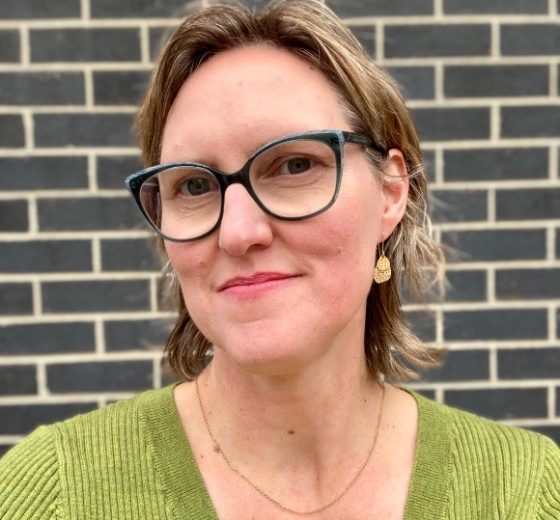
Who is Anne Atcheson?
Anne Atcheson is a member of the EveryBODY Education Team at Sexual Health Victoria which runs sexuality education workshops for communities and medical professionals. Specifically, Anne works as an educator in the Schools and Community Team, running education sessions for all year levels, which explore bodies, growing up, puberty, sex, reproduction and relationships. Anne is also the host of ‘Doing IT’ – a podcast produced by Sexual Health Victoria which supports parents, carers and teachers navigate the world of Relationships and Sexuality Education.
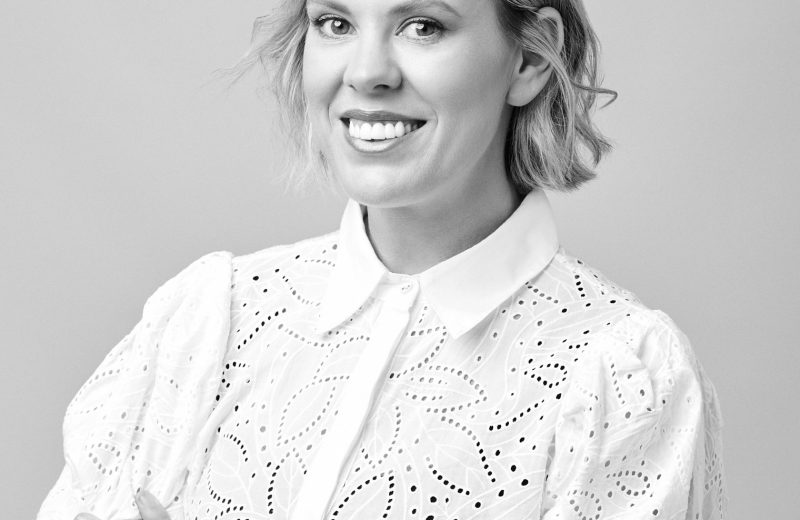
Special Guest and interviewer: Dr Tess Opie – inyourskin
Dr Tessa Opie is the founder and director of inyourskin, which delivers Relationships and Sexuality Education to schools, sporting clubs and other organisations across Australia and New Zealand. Her approach is sex-positive, evidence-based, and harm reduction focused.
Main topics of this episode:
In the podcast, Anne Atcheson discusses her work as an educator in the schools and community team, running education sessions for all year levels that explore bodies, growing up, puberty, sex, reproduction, and relationships.
- Atcheson explains that the support parents and caregivers can expect from their child’s school regarding relationships and sexuality education varies from school to school. However, in Victoria, there is a respectful relationships initiative that schools should be delivering.
- Anne encourages parents to ask their child’s school what their relationships and sexuality program looks like, including content and delivery. She also suggests asking who is in charge of the program, what time is allocated to it, and what the leadership thinks of it.
- She notes that relationships and sexuality education might be broader than people think and can include topics such as safety, body autonomy, and safe spaces. Ideally, teachers should be upskilled to have inclusive language and promote open conversations all the way through school.
- Atcheson encourages schools to proactively communicate information about their relationships and sexuality education program to parents. She also suggests that schools provide support packages for families, such as information evenings and resources to help parents know what to say and when to say it.
